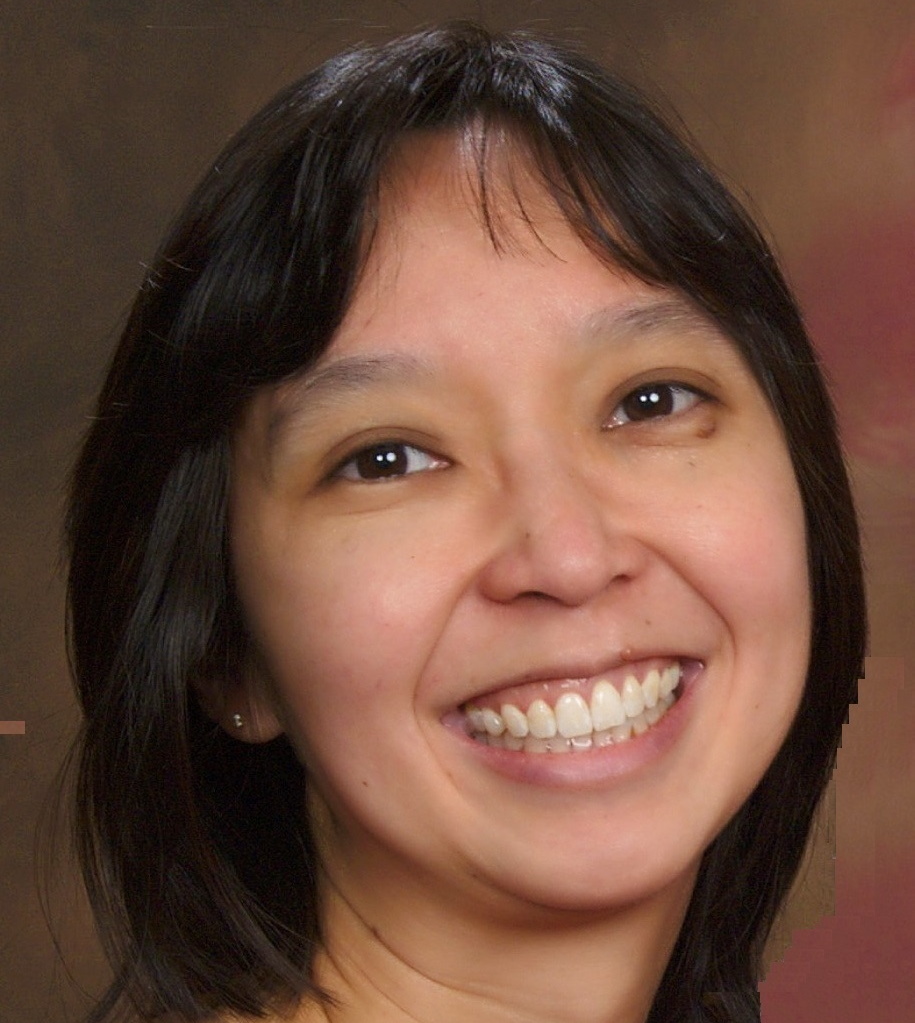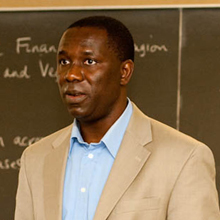Economics Department
Economics provides a framework for answering questions that center on issues of production, and distribution. It provides a way for us to understand the implications of many important events reported daily by the news media.
- What determines the rate of unemployment, rate of inflation, or rate of growth in a nation’s income?
- Why do women receive roughly two-thirds of men’s wages?
- Can anyone consistently beat the stock market?
- Does government regulation help or harm the economy?
- Why are some nations, and individuals, rich while others are so poor?
In studying economics you will hone your writing and speaking skills; gain experience in problem solving; and learn how to sort through and analyze the welter of confusing data that the complex global economy generates. You will use some of the latest computer technology not only to gather but also to analyze information. You will have the opportunity to study how global economic forces affect your lives and your career options, and how these forces interact with social structures and cultural norms to affect men and women differently. You will gain a valuable perspective to help you learn from your job and internship experiences.
The skills you develop studying economics will prepare you for many different careers from the business world, to government, to finance, to the not-for-profit sector. Studying economics in a liberal arts setting gives you the flexibility necessary to be successful in the uncertain and fast-paced world of tomorrow. It will prepare you to become an active and critical member of society who can contribute to our nation’s well-being. The faculty of the Economics Department look forward to working with you to understand some of today’s most challenging and important issues.
Faculty
Contact the Chair

Professor of Business and Management
Business and Economics Department
Office
Diana Davis Spencer Discovery Center 2310
Contact






